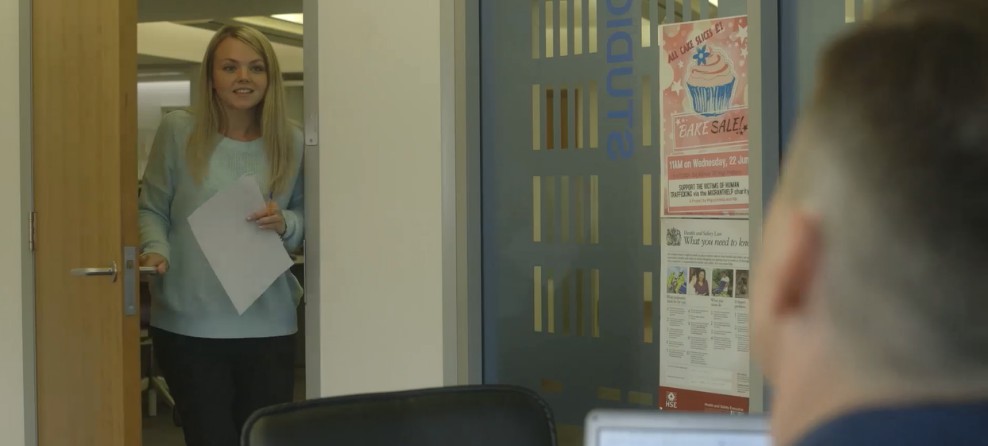The role of supervision KSS 9
Last reviewed: 6 June 2023
This page sets out the knowledge and skills listed under KSS 9 (the role of supervision) in the Department for Education’s post-qualifying standard: knowledge and skills statement for child and family practitioners (KSS). Against this, we have mapped Community Care Inform guides, research, learning tools and other resources to help social workers meet KSS 9 as part of learning and development during the ASYE, and other career and continuing professional development. The links to the resources are in blue; click to follow them to the page you’re interested in.
What does the statement say? |
Resources to help you |
|---|---|
| A child and family social worker should be able to:
• Recognise how and when to seek advice from practice supervisors, senior practice leaders and practitioners from, for example, psychiatry, paediatrics and psychology. • Discuss, debate, reflect upon and test hypotheses about what is happening within families, and with children. • Explore the potential for bias in decision-making and resolve tensions emerging from, for example, ethical dilemmas, conflicting information or differing professional positions. • Identify which methods will be of help for a specific child or family and the limitations of different approaches. • Make use of the best evidence from research to inform judgements and decisions. • Reflect on the emotional experience of the work and identify where personal triggers are affecting the quality of analysis or help. • Identify strategies to build professional resilience and management of self. |
Analysis and decision-making looks at how you can develop a robust decision-making process, based on continually testing and refining hypotheses. It also helps you address common biases in thinking.
Critical reflection: how to develop it in your practice discusses different methods and models you can use to reflect on your practice, with tips for writing a piece of critical reflection. Evidence-based practice explores how to use research evidence to inform your practice, find relevant information and take a critical approach to ensure it is used appropriately. Supervision knowledge and practice hub: Discussing the emotional impact of work can be difficult, depending on your organisation’s culture. Find tips and also get the supervisor’s perspective here. Videos: approaches to monthly supervision and support after a difficult visit provide examples of a social worker and supervisor talking, and how discussion of emotion and analysis might be incorporated. How your attachment history affects your practice helps you consider how your own attachment organisation in childhood may affect the way you deal with situations that come up in your work. Learn on the go podcast: what makes for good supervision and does it need to be reflective? Principal social worker Tom Stibbs and lecturer/researcher David Wilkins discuss. Developing your emotional resilience offers helpful techniques and ways to identify your own coping strategies for the demands of the role and adapt your thinking style when it comes to difficulties. You can also play back our webinar on this topic and read a guide to secondary trauma and compassion fatigue. |
Links to resource maps for other parts of the KSS:
- 1. Relationships and direct work
- 2. Communication
- 3. Child development
- 4. Adult mental & physical health, substance use, domestic abuse
- 5. Abuse and neglect of children
- 6. Child and family assessment
- 7. Analysis, decision-making, planning and review
- 8. The law and the family and youth justice systems
- 9. The role of supervision
- 10. Organisational context


